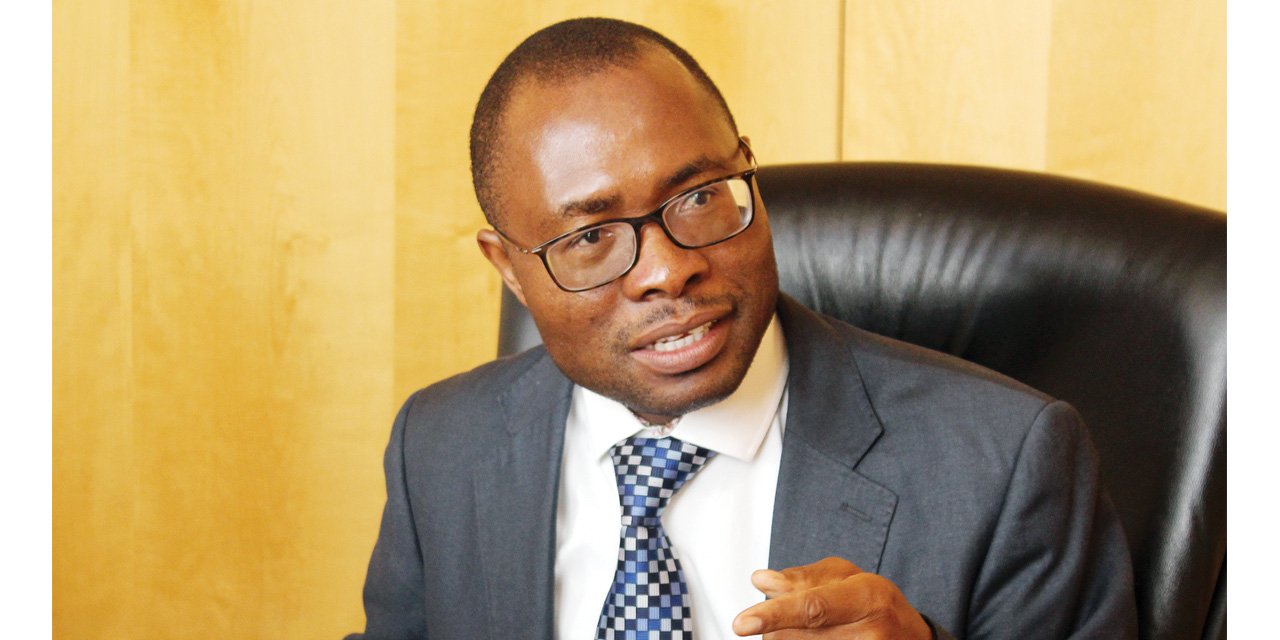Andrew Kathindi
Ministry of Finance says plans to tax churches remains under considering two years on, with Finance minister Iipumbu Shiimi still to pronounce himself on the way forward.
This comes after then finance minister Calle Schlettwein had stated in 2018 during his Budget Speech plans to probe Section 16 of the Income Tax Act to include taxing religious organisations such as churches.
“The proposal is still on the cards but not yet tabled to parliament as consultation with the new Minister on this particular amendment is yet to be done,” finance ministry spokesperson, Tonateni Shidhudhu told the Windhoek Observer.
The Council of Churches of Namibia (CCN) says it will support churches to pay tax on commercial activities.
“I don’t see the reason why the church should be taxed unless the church generates income that is not used for nonprofit purposes. Some churches may have guest houses, now, they should be taxed because those are business operations,” CCN Member Andre September told the Windhoek Observer, adding that he was aware that some churches even held fishing quotas.
Under the current, Act funds made from businesses of churches and religious institutions are exempted from paying any tax on profits made from such activities.
September, however, said churches that would require a government subsidy for the operations in light of the negative impact of COVID-19 on their operations should have engaged government on the matter.
“Churches who will apply to government for subsidies, without engaging government on a conversation as to the place and the role of the church, I think they have to accept the manner in which they are treated. We haven’t formally requested subsidies from the government,” he said.
This comes as Secretary-General of the CCN, Ludwig Beukes, had previously expressed his disappointment for government not making room for churches in its N$700 million collaborative subsidy in partnership with the Social Security Commission.
Representative of the Baha’i faith in Namibia, Sophia Belete-Tekie, stated that the Baha’i community activities are based on service and voluntary contributions from the members, and yield no profit as contributions are solely received from the members of the Baha’i community and no money is solicited or accepted from non-members.
She however added, “One of the principles of the Baha’i Faith is obedience to government and therefore, any decision instituted would be adhered to.”
The conversation over taxing churches comes as government coffers have been depleted by COVID-19, which has forced the government to seek a N$4.5 billion loan from the International Monetary Fund (IMF). The minister of fisheries, Albert Kawanas has also said that government intends to auction fishing quotas in order to raise funds for the fight against COVID-19, a decision that has been received with much criticism.




